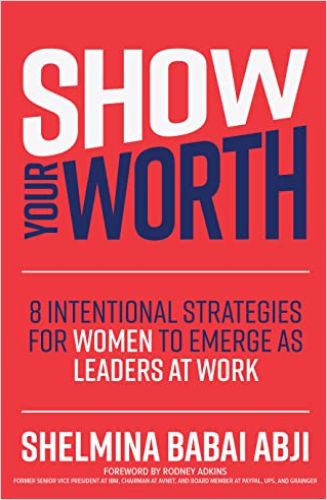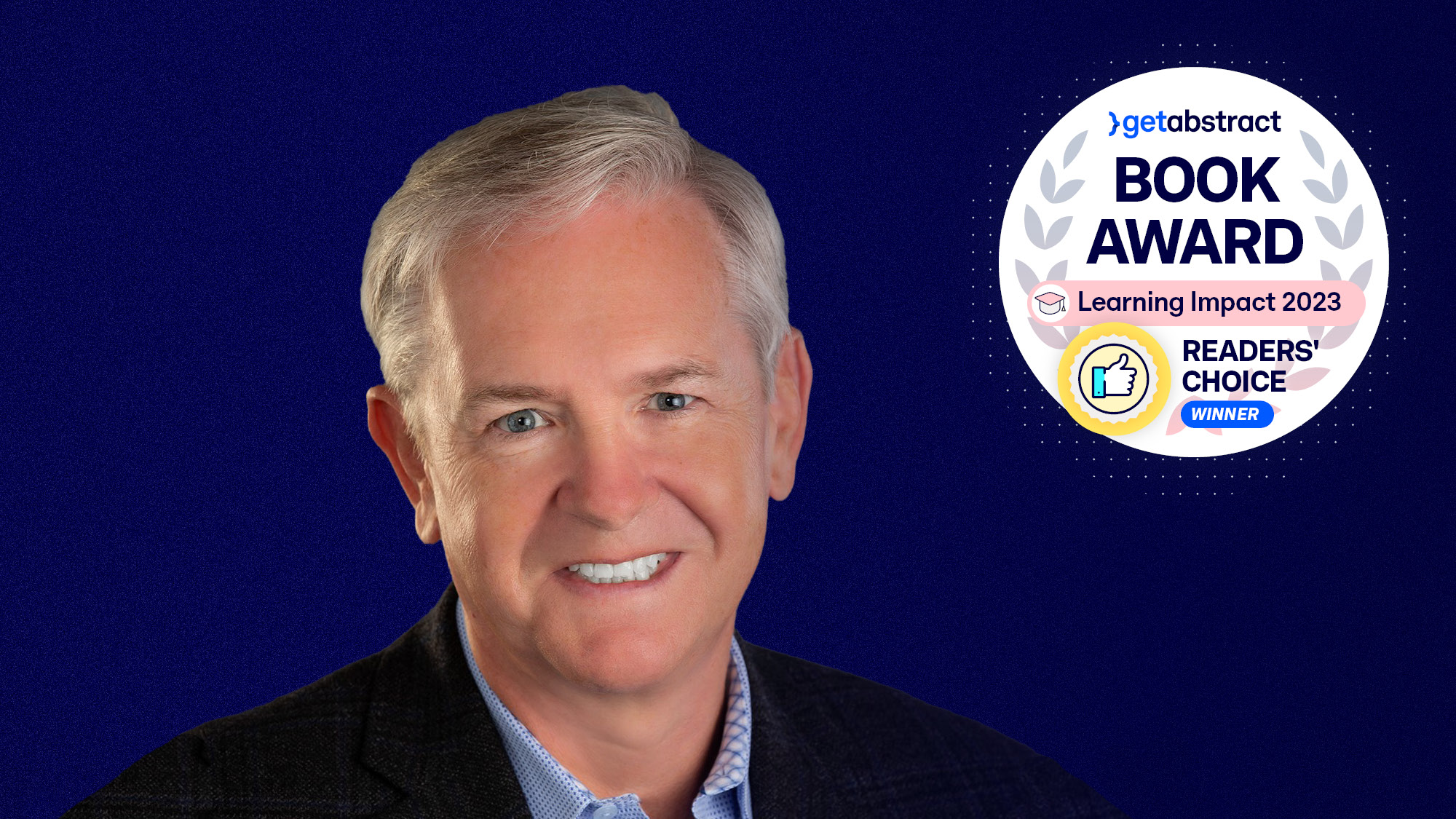“You Must Be Driven by Your Agenda and Not Anyone Else’s.”

Shelmina, one of the striking insights from Show Your Worth is how vital deep relationships are when supporting one’s success. At the same time, I feel that many colleagues, whether in business or private, hesitate to create these deep bonds due to uncertainty about the authenticity and reliability of these bonds. Do you notice a professional reluctance among colleagues to form deep connections, too?
Yes, in my chapter on Intentional Relationships, I quote the great American author Alex Haley, who said, “When you see a turtle on a ledge, you know it had help getting there.” I relate to this so much. I know for sure that I would not have become a senior executive at IBM if I had not taken the time to earn critical relationships. I don’t know any senior executive woman who did not have a sponsor to get to that level. Having said that, I do notice hesitation from professionals to form these deep connections, especially after the #metoo movement. It is not just about authenticity and uncertainty. It is also about fear of what could potentially go wrong. Unfortunately, bad news travels fast, and we should not assume the worst just because there were a few bad actors.
I genuinely believe that most people are good, and they want to help others succeed, as every successful person was helped by someone at some point in their career.
However, forming these professional relationships is critical for women to maximize their leadership growth – not just to learn from them but to have them as mentors and sponsors.

I think this may be due to the ubiquitous promotion and play of vulnerability and closeness in various areas – such as social media, PR, marketing, etc. What do you think about this trend, and what factors could contribute to it?
While social media, PR, marketing, etc., can help professionals if used effectively, they can also misguide if it is not. The key is one must define their own success. What their values are, what they stand for, who they are and who they want to become personally and professionally. If you don’t define yourself, you run the risk of media, society, etc, defining you, and then you end up chasing someone else’s dream and giving your power away to others. The key is to understand that a person has an agenda and an underlying motivation for why they do what they do. You must be driven by your agenda and not anyone else’s. Once you know yourself, you must build a discerning judgment to pay attention to what serves and empowers you toward your vision of success and discard what is consuming your attention either without moving you forward or, in a worst-case scenario, actually slowing down or derailing your success.
Don’t buy into a disempowering narrative.
Is there a story from your life that comes to mind when differentiating between genuine and possibly opportunistic bonds?
I have been very fortunate in both my personal and professional relationships. All my relationships are genuine, even if they were short-lived and opportunistic – in that they were focused on a particular opportunity we worked on at that point in time.
Do you have two or three rules of thumb that make it easier for people to check whether or not they have relationships of trust?
Form a positive mental model of the person you want to build a trusted relationship with. Always be truthful, sincere, and transparent – reflect what you want in a relationship. Don’t make assumptions, and don’t take things personally: give others the benefit of the doubt because they might be having a bad day.
You write that the relationship with your immediate superiors was the most important in your career. One thing is advising people to be proactive – not depend on bosses to build relationships. But to change any negative mental model of them to a positive one seems quite a task. How can one succeed in doing this?
First and foremost, know that you have a choice in who you work for. Secondly, know that The single most important relationship of your career is the one with your immediate boss. This is the relationship that will make or break your career. Even though you might think you work for an organization, the reality is that you work for your boss.
Even if everyone at your company besides your boss is impressed with your work, your career success and job experience will be highly dependent on your relationship with your immediate boss.
Your boss is a decision-maker in every promotion, every assignment, and every award you may or may not receive. Your boss will determine your salary and other compensation, including stock options, performance appraisal, retention, and everything else related to your career. Your boss will represent you to her or his boss and all the other senior executives your boss interacts with. Your boss has a front-row seat to witness your performance and can play the role of a mentor or coach to help you improve your performance. So, ensure you pick a boss that you can form a positive mental model of – you own this. Intentionally look for what they are good at and what their strengths are. Your boss is a human being with strengths and weaknesses just as you have.
Yet, there are so many terrible leaders out there; most don’t even know or lead terribly by intention. What if you fail to build a positive model for your boss?
After trying your best to build a positive mental model, if you fundamentally cannot trust or respect your leader, find a new one.
Do not allow your precious days to pass by working for someone who does not deserve you.
Conversely, knowing that the relationship with the supervisor is significant, what five rules should supervisors follow regarding their employees and success goals?
First, recognize the potential of their team and help them realize it. Second, always have their best interest at heart. Third, form a positive mental model for your employees. Fourth, create positive energy for their teams. And fifth, create an inclusive environment that brings out the best in their teams.
You write that, for women, the need for – and difficulty of obtaining – a “sponsor” is often a primary obstacle to their attaining high corporate positions. Can you elaborate on this?
In order for anyone to get promoted into executive-level roles, they need a sponsor. Everyone being considered for such roles are highly qualified and can do the job – otherwise their names would not be on the slate. The person who gets the job will be the one who has a sponsor advocating for them and putting their credibility on the line for them. Here’s a valuable quote from an HBR article:
There is a special kind of relationship – called sponsorship – in which the mentor goes beyond giving feedback and advice and uses his or her influence with senior executives to advocate for the mentee. Our interviews and surveys alike suggest that high-potential women are overmentored and undersponsored relative to their male peers – and that they are not advancing in their organizations. Furthermore, without sponsorship, women not only are less likely than men to be appointed to top roles but may also be more reluctant to go for them.
Herminia Ibarra, Nancy M. Carter, and Christine Silva
It’s delicate to know you can’t manage without such a sponsor and remain honest without bending. Do you have a kind of rule of life that guides you?
I genuinely don’t believe that getting a sponsor requires dishonesty and bending – this is what the media has convinced everyone and created a problem. In fact, my sponsor at IBM, Rodney Adkins, is someone I deeply respect and admire… so much so that even though I wrote a book to help women show their worth and emerge as leaders, I asked him to write the foreword.
About the Author
Shelmina Babai Abji is the former vice president of IBM’s Global Microsoft Alliance, a motivational speaker, and an angel investor.











